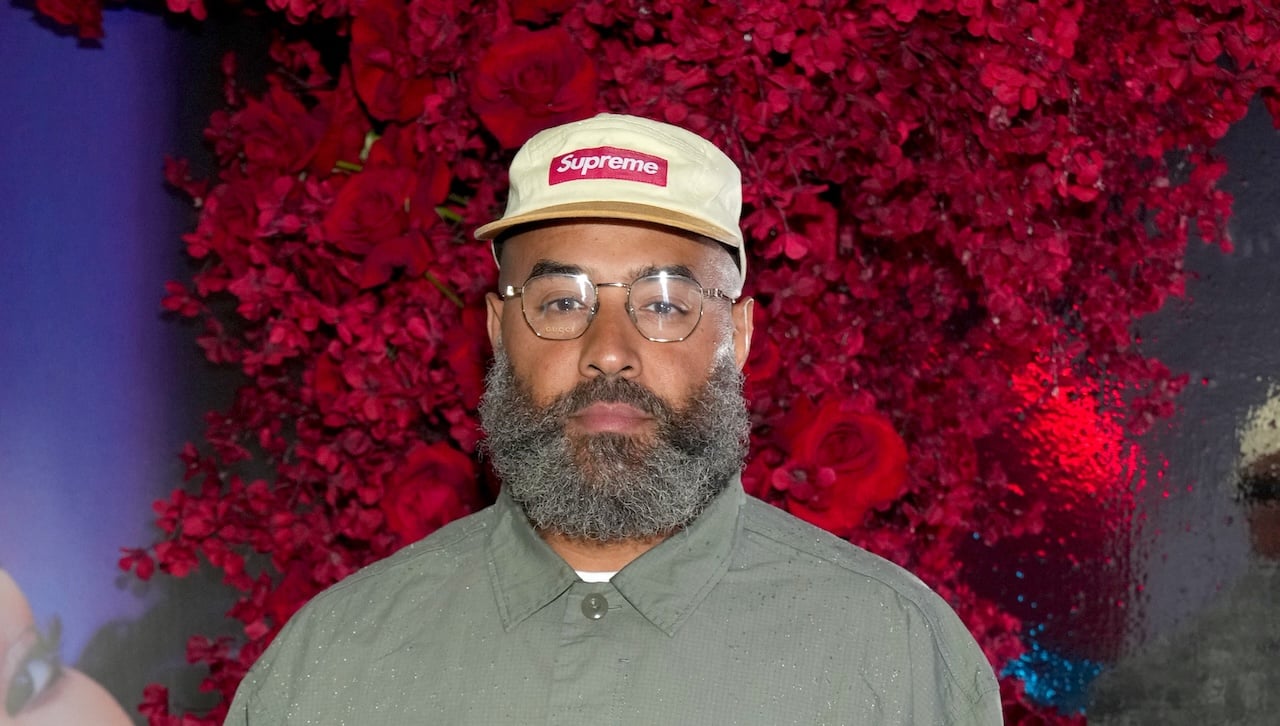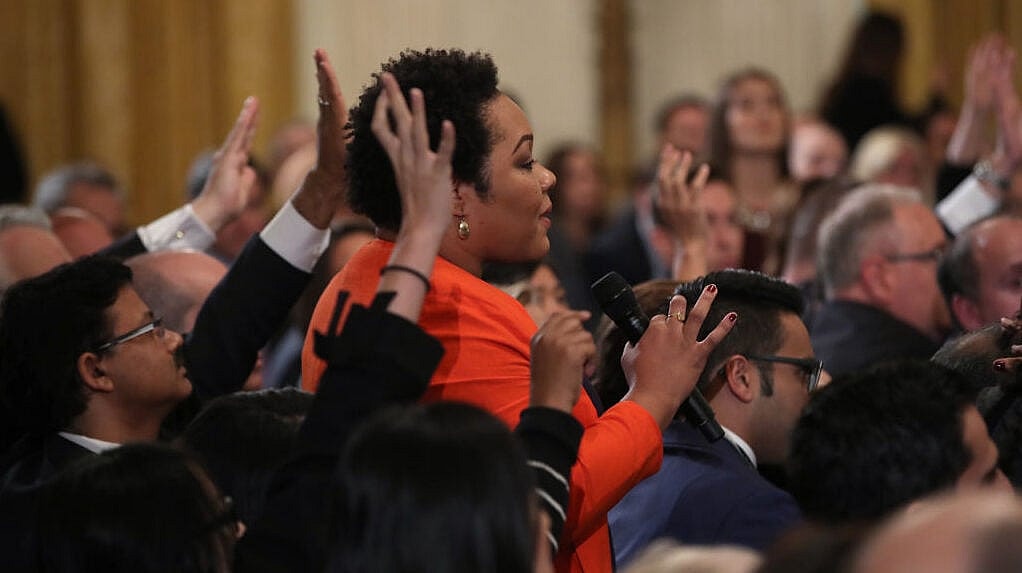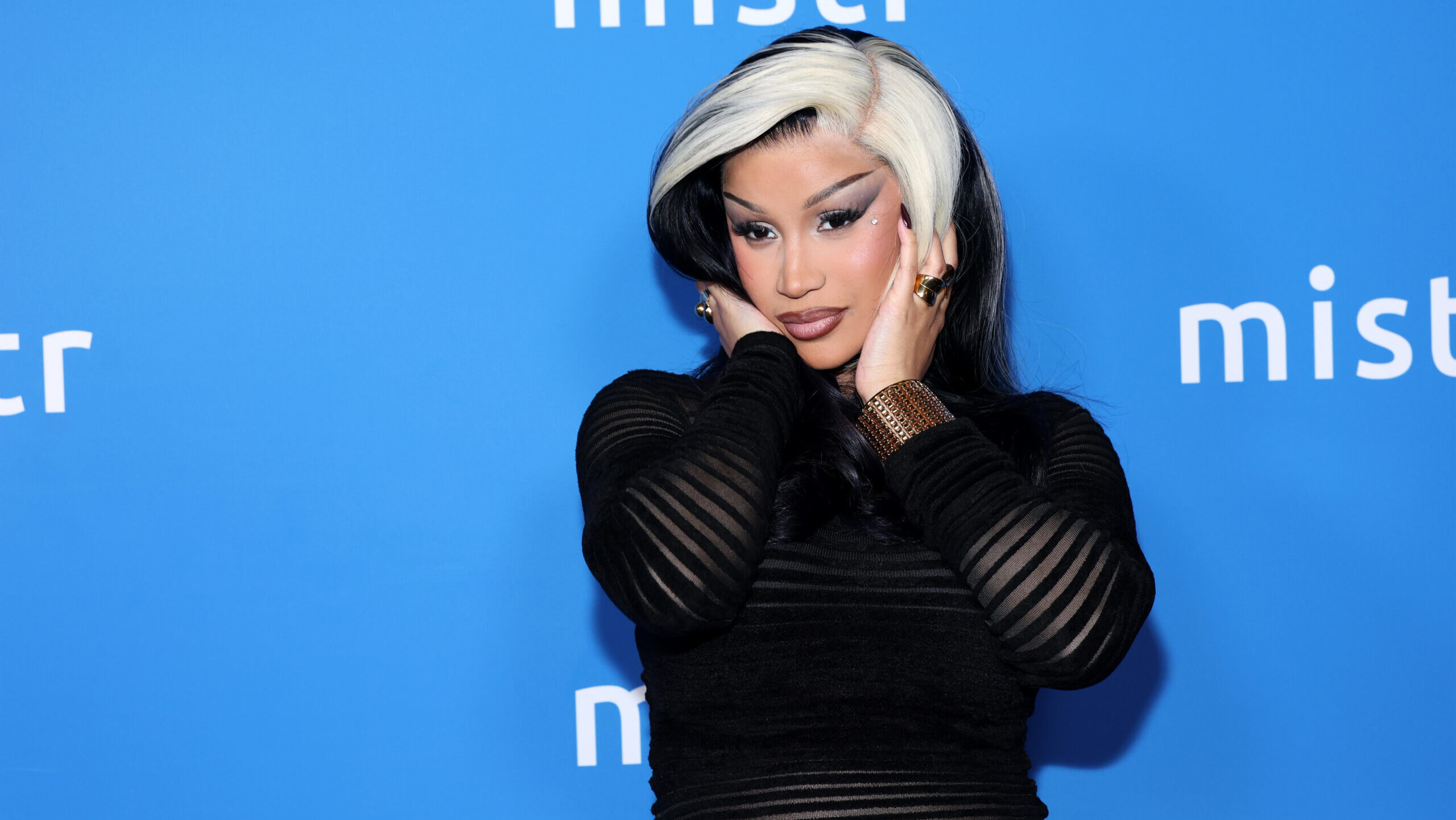It’s a fact that doesn’t always get the recognition it deserves: women make up the majority of voters in the United States. They outpace men in registering to vote and showing up at the polls. And this fall, a woman has a chance to become the United States’ first female president.
Despite the overwhelming influence of women voters, men continue to dominate U.S. politics. But Supermajority Education Fund, the sister organization to Supermajority, is tackling the issue of gender representation head on, fighting to elevate women’s concerns and get more women out to the polls. It’s particularly focused on young women (18-35) who haven’t voted before, encouraging them to use their power and influence the election. The non-partisan group of 500,000 recently endorsed Vice President Kamala Harris for president.
On this week’s episode of TheGrio Weekly, which is officially relaunching in time for the election, I spoke with Jara Butler, Chief Impact Officer at Supermajority. During our conversation, we talked about the organization’s mission, and what a recent study revealed about the concerns of women voters, particularly Black women voters, as Nov. 4 approaches.
“The most important thing about Supermajority Education Fund is that we center the voices that are closest to the pain,” Butler told theGrio. “We center the voices of Black women and those women who are marginalized in our society because we feel that those who are closest to the pain should be closest to the power.”
Recommended Stories
Butler says Supermajority’s study found that Black women’s top concerns this election year are the economy, Project 2025 and the conflict in Gaza. Butler dives into the data below:
“We just recently did research, where we looked at young women, specifically young Black women, and what we found that there were three key issues for this particular group. The first says that they are concerned about Project 2025. Project 2025 is kind of like a wish list of how we can eliminate and take away our civil rights. I think it was, 49% of young Black women identify this as a concern for them, and 69% said that this was a very real reality that they could see happening.
“The second issue is our economic well-being. And I want to be very specific, when we talk about the economy, we’re not talking about the GDP. They’re not talking about all of these economic indicators. They’re talking about their basic needs at this point that are not being met. Issues like being able to go to the grocery store and buy food. The burden that student loans have, especially for Black women. We are the most aggrieved group, but we are also the group that has the most student loan debt. And I count myself as one of those people. And that does affect your bottom line. Also, the cost of childcare. As a matter of fact, I think 59% of our respondents said that economic well-being was a priority for them.”
“And finally, an overwhelming majority of young Black women have identified that Gaza and the conflict in Gaza is definitely something that is at the top of mind more than any other group that we surveyed that tracks with what we’ve been seeing.”
To learn more about Supermajority’s findings and how the organization is mobilizing women to come to the polls, watch the full episode of TheGrio Weekly above, and stay tuned for Part 2 next week.




